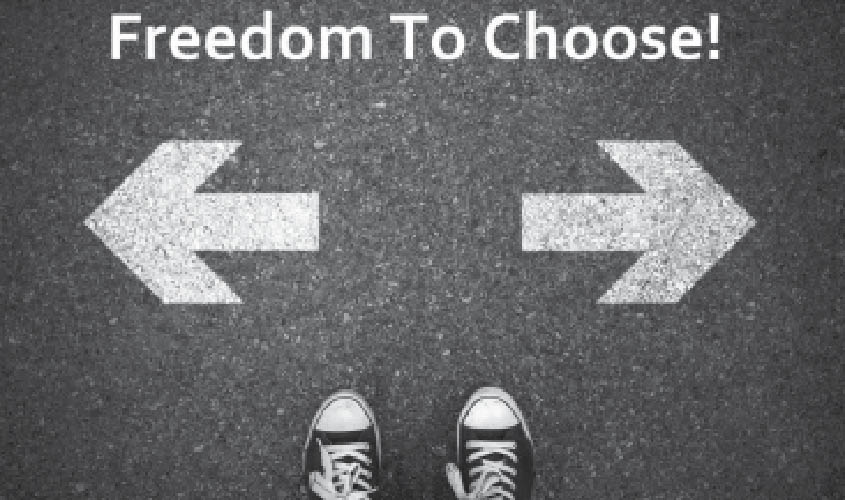I was recently reading a book by Parth J. Shah titled Liberalism in India: Past, Present and Future. With each read, my attention would be drawn to the word “liberalism” that would stare at me from the title of the book. It found a strange kind of resonance with my mind and grew into a mind map of sorts, with the word paving way for more word like liberty, freedom, right and the chain went on. What remained with me, though, was one important word—trust. For me, this served as the basis of my mind map. If there is no trust, there is no assignment of liberty or freedom or rights or duties or whatever else there may be.
Six years ago I gave up a “power career” in the field of diplomacy, for the pursuit of the “unknown”, with the sheer objective of “testing and proving myself”. I can, now, safely say that I have “weathered” with time—for the better. Complacency stemming from security can be boring, but taking a dive into the unknown can be risky. Post the job, in 2013, I decided to embark on a journey as a trainer—soft skills, and a consultant in communications and public diplomacy. The going was rough, as it could be envisaged for any “start-up”, but the learning curve exponential. Being on your own, making your own decisions, being solely responsible for the outcomes, and planning for the next, not knowing what it is or when it will come knocking is scary, but liberating. Freedom had found a new definition.
The brain in survival mode can be immensely creative: making the maximum of the minimum, nurturing support systems, and, most importantly, surviving ego, the latter being the toughest. Another aspect I learnt whilst “out on my own”: adaptability, a sheer prerequisite to “cope” with different people, their needs, demands, requirements, whims and fantasies—all in return for freedom. Yes, this word that had remained elusive had now found a new
Yes, you have your targets, and yes, you need to meet them within a certain timeline, but how you meet them is your choice to a large extent. So, if I am a night person rather than a day one, I have the liberty to choose; if I wish to space out my work in the comfort of my home, I have the liberty to choose, if I need to take care of a loved one, I have the liberty to choose. The flexi work schedule saves a lot on infrastructural costs too, but that is not something that I am delving into right now. The basis of the trend lies in trust, as do most things in life—be it in the personal or professional domain.
What is to remember and abide by is that if trust is given, it must be honoured, and returned. The essence of freedom lies in it. And, nothing, absolutely nothing can supplement this core right.
The author is currently associated with the Indian School of Public Policy

